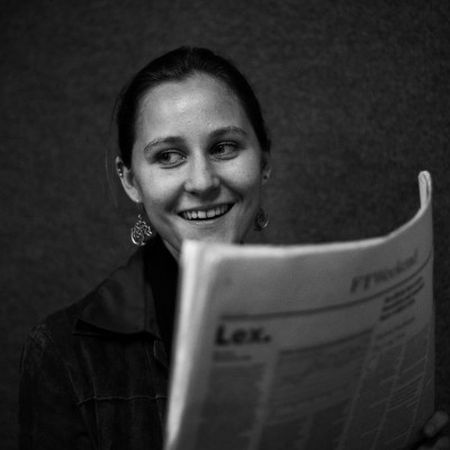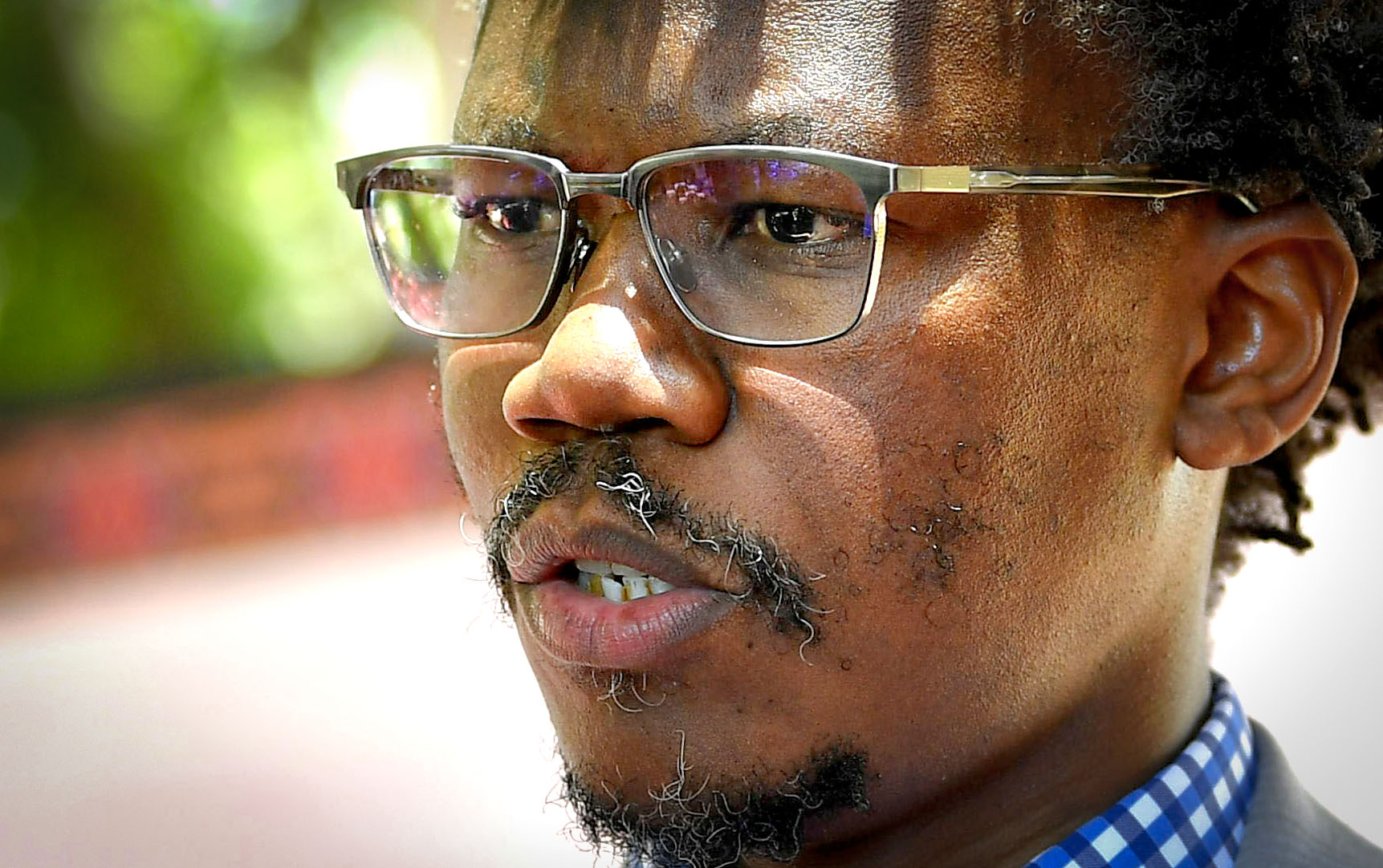The section 59 panel’s final report, handed to Minister of Health Aaron Motsoaledi on Monday, found that between 2012 and 2019 there was evidence that the fraud, waste and abuse (FWA) systems used by medical schemes showed racial discrimination against black service providers.
The investigative panel, commissioned by the Council for Medical Schemes (CMS) and chaired by advocate Tembeka Ngcukaitobi, began looking into the matter in 2019 after healthcare providers, represented by two associations, made public allegations about their treatment by medical schemes and administrators.
“We were not a court of law… We did not have to make legal findings applying the Promotion of Equality and Prevention of Unfair Discrimination Act or applying section 9 of the Constitution, but what we did have the power to do was to make findings of fact, and that... simply leads to one conclusion. The evidence of the risk ratios before us showed racial discrimination against black service providers by the [medical] schemes,” said Ngcukaitobi at a press briefing marking the handover of the report on Monday.
According to the CMS, the inquiry focused on two issues: whether there was racial discrimination by medical schemes against black healthcare providers; and procedural fairness in the treatment of black healthcare service providers.
Racial discrimination
The panel developed a tool to measure the performance of medical schemes’ fraud, waste and abuse systems, looking at discriminatory outcomes or unequal treatment for healthcare providers.
“This risk ratio is basically a tool that we developed to work out the likelihood that a black practitioner would be subjected to an investigation, a finding and a penalty, versus a white practitioner,” said Ngcukaitobi, adding that the panel looked at risk ratios across different medical disciplines and years, between 2012 and 2019.
The findings included:
- In 2014, black dental therapists under the GEMS medical scheme were about three times more likely to be investigated and found guilty of fraud, waste and abuse than white dental therapists;
- In 2017, black psychiatrists under Discovery were about 3.5 times more likely to be investigated and found guilty of fraud, waste and abuse than white psychiatrists; and
- In 2018, black anaesthetists under Medscheme were about 6.5 times more likely to be investigated and found guilty of fraud, waste and abuse than white anaesthetists.
Ngcukaitobi said there was scope to improve the methodology used by the panel to determine the probable risk ratios for different years and disciplines.
“We have explained that the tool… should be continuously improved, but it is useful as a starting point. We have also recommended an annual assessment of the impact of FWA [systems] on black providers… [and] recommended the splitting of specific disciplines in order to monitor the instances of FWA among the healthcare providers,” he said.
Procedural fairness
The panel released an interim report in 2021, with findings of unfair discrimination on the basis of race. Subsequent to its release, various stakeholders – including medical schemes – had the opportunity to make further submissions to the panel in 2021 and 2023, according to Dr Thandi Mabeba, chairperson of the CMS.
Read more: Investigative report finds some evidence of medical schemes’ racial bias
“[In the interim report], what we had found in relation to procedural fairness was that the FWA procedures for the recovery of monies allegedly owed is unfair and it violates the rights to procedural fairness of individual practitioners. We found that the schemes should make changes to the manner in which they claw back monies that they claim practitioners owe to them,” said Ngcukaitobi.
“We’ve received further submissions, but we remain unpersuaded that our interim findings were incorrect. Accordingly, we confirm the findings and recommendations in the interim report that the procedure that is followed by medical schemes, when they claw back money allegedly owed by practitioners or where they investigate instances of fraud, waste and abuse, are unfair.”
Ngcukaitobi noted that part of the problem was that the Medical Schemes Act didn’t contain procedures for the administration of fraud, waste and abuse systems, leaving it up to individual medical schemes to make decisions about how to investigate possible infractions and impose penalties.
“The legislation is lacking. It has several gaps. It’s not keeping up with technology… We say that the CMS, as the regulator responsible for the implementation of the fraud, waste and abuse systems, is required to ensure that schemes and administrators act procedurally fairly. It is within the CMS’s discretion as to how it chooses to progress this object with various stakeholders,” he said.
Among the recommendations made by the panel to improve procedural fairness in medical schemes’ fraud, waste and abuse systems were:
- Developing an early warning system that allowed medical schemes to notify service providers as soon as schemes became aware of any circumstances which might lead to the application of section 59, subsection 3 of the Medical Schemes Act;
- Reviewing the “audit and clawback time period” for medical aid schemes, as there were instances where healthcare providers were called upon to pay back money to schemes years after alleged infractions;
- Ensuring a mechanism to assist healthcare providers with representation when accused of fraudulent, wasteful or abusive conduct by medical schemes, to prevent isolation or coercion of accused persons; and
- Providing complete transparency regarding the software, algorithms and artificial intelligence programmes used by medical schemes to monitor claims made by providers and members alike.
“Most of the evidence we had was that there is a software programme that the schemes use to detect fraud, waste and abuse, but there’s no transparency in relation to the input into that software programme… and because it’s an invisible programme, it’s impossible to work out whether it’s discriminatory or not in relation to its outcomes,” said Ngcukaitobi.
“If the schemes persist with the argument that they will not allow this transparency because it will undermine the detection of fraud, waste and abuse, then we say the Council for Medical Schemes must introduce a mechanism where... the council itself has full transparency relating to the software, algorithms and artificial intelligence programmes that the schemes use. The schemes ought to be accountable to a public body for the systems they use, as this in turn ensures accountability to the public, whilst maintaining a form of confidentiality.”
Upon receiving the section 59 investigation panel’s report, Motsoaledi said that the National Department of Health would study the findings before issuing an official statement.
BHF rejects findings
The Board of Healthcare Funders (BHF), a nonprofit company representing medical schemes and administrators, released a statement rejecting the panel’s findings on Monday.
“We still need to study the final report. However, we are disappointed that the section 59 inquiry panel has confirmed that it has upheld the findings made in the interim report released in 2021. We believe these findings are demonstrably and fundamentally flawed and, if allowed to stand, will open the door for runaway fraud and corruption in the healthcare sector,” it said.
The board said fraudulent claims, overservicing, abuse of benefits and improper billing practices cost South Africa’s medical schemes about R30-billion each year.
“Based on comments made by the section 59 inquiry panel in today’s media briefing, the BHF believes that the final report continues to be underpinned by serious methodological and interpretive flaws, all of which we raised following the release of the interim report in 2021,” it said.
The issues the BHF raised with the panel’s methodology included:
- Unscientific methods to assign race, using surnames to categorise providers;
- Failing to account for exposure bias, which occurs when a group is more likely to be involved in a process or activity simply because of greater contact or interaction; and
- Confusing correlation with causation, by assuming discrimination without “rigorously considering other relevant variables such as provider billing patterns, patient load, or socioeconomic contexts”.
“Taken together, these cumulative weaknesses undermine the central finding that black providers were nearly twice as likely to be investigated,” it said.
According to the BHF, both the board and its members had undertaken “significant reforms to strengthen fairness, transparency and accountability”, including a comprehensive review of fraud, waste and abuse protocols.
“The BHF remains committed to working collaboratively with the CMS, regulators and the healthcare community to strengthen South Africa’s healthcare funding system. While we reject the findings of the section 59 investigation as flawed, we remain steadfast in our pursuit of a healthcare system grounded in integrity, justice and sustainability,” said Dr Katlego Mothudi, managing director of the BHF. DM





 Tembeka Ngcukaitobi. (Photo: Gallo Images / Frennie Shivambu)
Tembeka Ngcukaitobi. (Photo: Gallo Images / Frennie Shivambu)